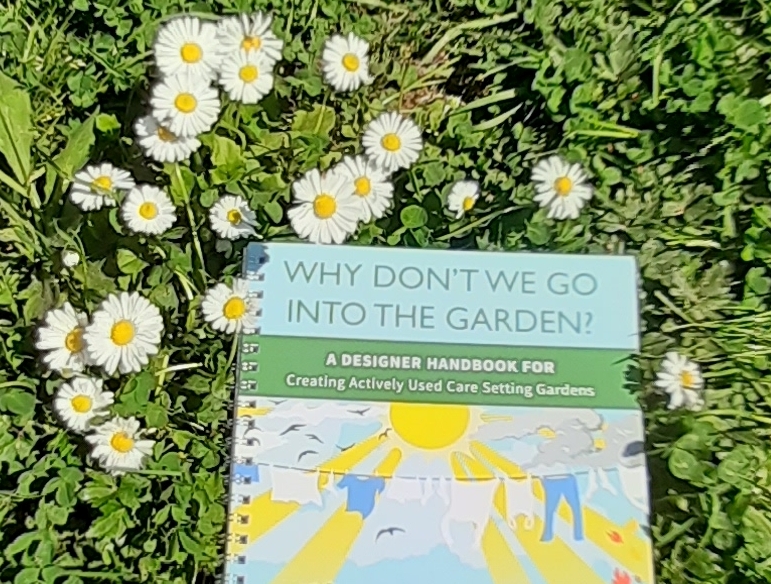
'Why aren't Care Home gardens more actively used?'
Member event
- Venue:
- 'Why aren't Care Home gardens more actively used?'
- Date:
- 24 Apr 2025
- Location:
- Merrist House, Merrist Wood College, Holly Lane, Worplesdon, , Guildford, , Surrey, , GU3 3PE
- Opening times:
- 9:30-13:00, arrival from 09:00
details
Who should attend
This workshop is for Garden Designers, Landscape Architects, Horticultural Therapists , Estate Managers and other specialists who work with care settings.
Content summary
Designing for Care organisations is both rewarding and challenging but what happens once we, as designers, leave. Too often these spaces become neglected or unused, and commonly we hear it’s to do with not enough money, time or knowledge but is it?
Our extensive research project uncovered the key influence of organisational practices and culture and this workshop explores how this impacts how we provide our garden design support to care, and other, organisational settings. A range of hidden dangers, anti-gimmick checklists and other tools are explored to help you provide the most effective support to your care clients ensuring the gardens you help create are used long after you leave.
The Workshop will:
1. Describe the research journey deep into the care home settings to find the answer to their original question, “Why aren’t care home gardens more actively used?”. Exploring through a range of stories and anecdotes the route to the study findings.
2. Shares the key findings of the research project and the impact this has for designers. This is explored through a number of ‘hidden dangers’ that can hinder active engagement of future gardens if not addressed and to avoid inadvertently adding in new barriers to stepping outside.
3. Produce a handy and easy-to-use Checklist that aims to reduce gimmicks in the garden, infantilising approaches with residents and the risk of turning the outside space into a fixed and unused space.
4. Explores the role of Care Culture and how the need for culture change may be facilitated using the practical and diagnostic tool, The Care Culture Map, and the Designer focused Care Culture Banding tool.
5. Explains their approach to working with care clients and the key responsibilities of a ‘Relationship-Centred Design’. Share 5 key scenarios and questions to keep in mind when working with care settings and how this approach impacts on workflows in practice.
What we won't cover
While this session may touch on some specific elements of current design guidance for dementia and care environments, it will not cover typical disability design detailing e.g. angles of slopes or types of paving, instead it focuses on applying the findings from the our research within design processes providing a ‘Relationship-Centred Design’ approach to support our clients.
More information
For more information about this new approach and the research findings, check out the ‘research’ page on the website: www.stepchange-design.co.uk/our-research/
event contact
- name: Debbie Carroll
- email: debbie@dcgardendesigns.co.uk
- telephone: 07821 546950
- website: www.stepchange-design.co.uk
